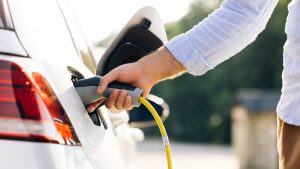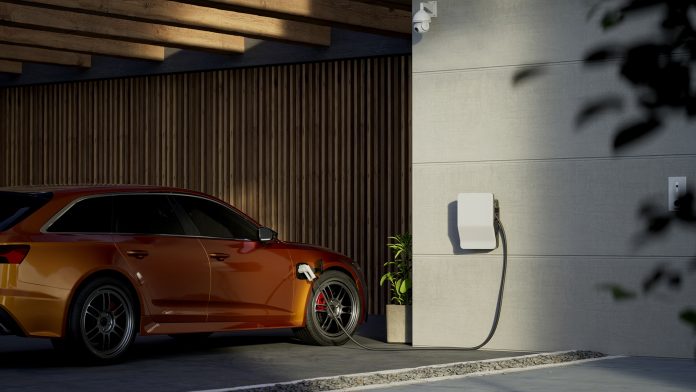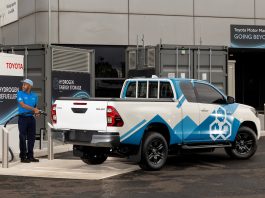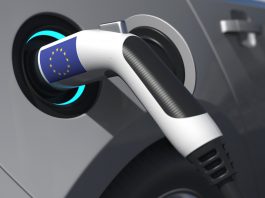An end-of-year study conducted by Escalent has found that one in three Europeans (34%) don’t want to pay a high electric vehicle premium over a petrol vehicle.
The report also found this is a particular issue in Germany and Spain, where nearly half of new-car buyers (45%) expect the cost of an electric vehicle premium to be either lower than or the same as a new petrol vehicle compared with 31% in the UK, 30% in Italy and 16% in France.
This is one of the key findings of data analytics and market advisory firm Escalent’s annual EVForward Europe study, which annually surveys more than 10,000 consumers across France, Germany, Italy, Spain, and the UK who intend to buy a car in the next five years.
Fewer people believe electric vehicles are the future compared to last year
Despite most EV car owners being happy overall with their experience, the electric vehicle sector is seen increasingly as a work in progress.
Fewer people this year, 36%, compared with 42% in the 2022 study, feel that EVs are the future.
This weakening of positive sentiment about EVs being the future is particularly evident in Spain, Italy, and France. The dominant perception of EVs by 40% of Europeans now is that it is an interesting idea.
Further, purchase price is one of the top four factors that 41% of new-car buyers consider most important when purchasing their next vehicle, with environmental benefits being the top reason for more than 20% of buyers.
“The EV market in Europe needs a bit of a recharge,” stated Mark Carpenter, Managing Director of Escalent UK.
“The lack of visible improvement in electric vehicle charging infrastructure, ‘range anxiety’ and concern about the premium price, which was further highlighted with Tesla’s price cut, have dampened consumer opinion that EVs are the way forward in the future.”
What other trends did the report highlight?
Other key findings from the study include:
- New-car buyers are establishing their own plan B, with second petrol cars acting as a backup while the EV market stalls. The petrol safety net continues to be a prime motivator for buyers of EV vehicles, particularly when it comes to longer trips. 63% claimed that having the option to use petrol when charging is unavailable is their prime reason for buying;
- EV car owners claim EV ownership expectations were exceeded, yet one in four of these owners says they would not buy another EV as their next vehicle. A significant majority of EV owners (67%) have found their ownership experience to have surpassed their expectations, with 74% confirming their next vehicle would again be an EV. However, this leaves one in four of these owners who would not buy another EV due to concerns about installing at-home charging;

- Electric vehicle familiarity increases while positive opinion declines. Driving range is the top barrier to buying an EV. People are also more realistic about how far they can drive their EVs in 2023, presumably as more owners talk about the practicalities of driving distance before they need to charge; and
- Younger car buyers are more inclined towards EVs and new EV brands. Positivity towards electric vehicles is much higher for people ages 18 to 30 years – 49% say they have changed their opinion to be more positive in the last year compared with 26% of people older than 66 years.
Carpenter concluded: “These results pose challenges for the mainstream adoption of electric vehicles and indicate that EV buyers would benefit from more support than they currently receive from their EV brands.
“Gone are the days when a car purchase was a one-off transaction every few years at best. There is a great opportunity for brands to play the role of ‘trusted advisor’ throughout the EV ownership experience.”









